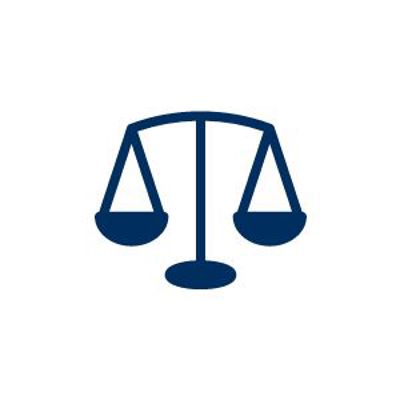The conveners of the Law Society’s legal aid committees are among members of the Scottish Government’s Legal Aid Payment Framework Review Panel, announced today. The panel has been formed to agree a suitable mechanism for regularly reviewing legal aid fees.
Christine McLintock, Convener of the Law Society’s Public Policy committee, said “The sustainability of legal aid fees is a significant concern for access to justice and for the viability of the sector. We raised issues around fees to the independent legal aid review, around the lack of any periodic review, the impact of cuts, real-terms reduction through inflation and challenges for particular areas of work, such as police station advice. Establishing a framework panel to consider these issues is a positive step.
“It is vital that the voice of practitioners is clearly heard by the Government, the Scottish Legal Aid Board and everyone with an interest in shaping the future of legal aid. With Ian Moir and Mark Thorley joining the panel, conveners of our criminal and our civil legal aid teams respectively, we can be sure the experience of practitioners and the challenges for access to justice will be highlighted. Ian and Mark will continue to actively engage with practitioners on the issue and will welcome views from our members throughout the process.”
“Ongoing periodic review is vital to ensure the sustainability of fees to maintain availability of legal advice for those who need it and encourage new entrants to the sector. There are models for periodic review across the justice system already, from judicial expenses to sheriff officers’ fees, and there are examples of best practice in legal aid systems internationally that we can learn from.
“The legal aid system in Scotland is complex and in need of simplification and we hope that the panel can move swiftly to develop an effective, straightforward, accountable and fair process.”
Notes:
The full panel announcement is available via the Scottish Government
Our response to the independent strategic review of legal aid and other responses to consultations on this topic are available via our legal aid pages.


